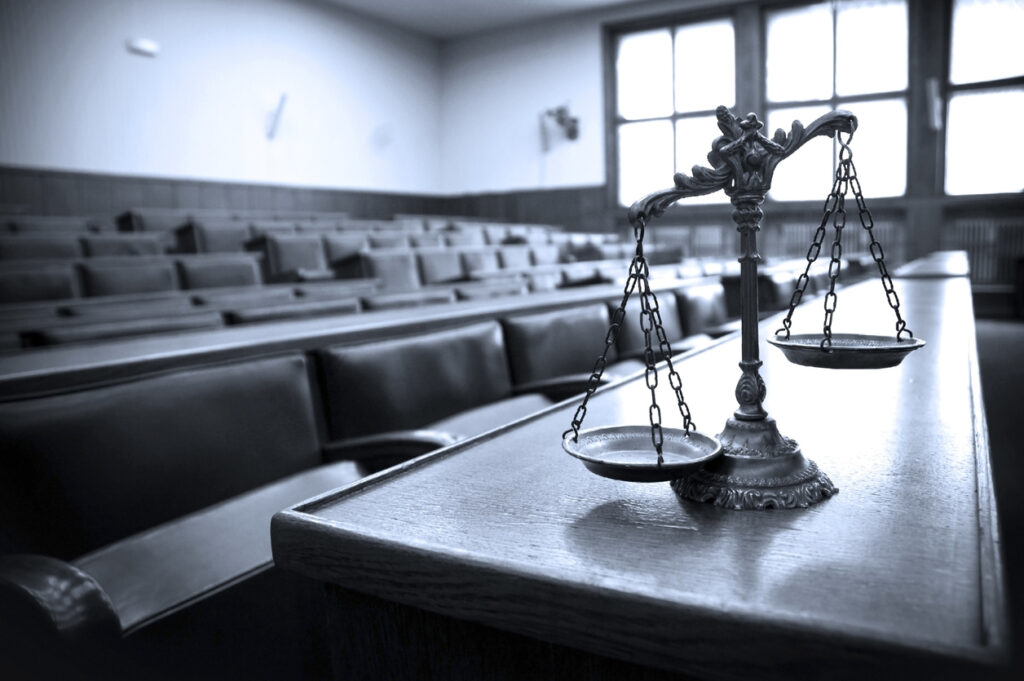Nursing homes are often recognized in lawsuits for things like resident abuse and neglect. When a nursing home facility fails to provide a resident with the proper care and/or supervision which leads to him/her suffering from one or more health issues or injuries, the home can be acknowledged for its negligence and may be required to provide the resident or their family with damages (i.e. financial relief).
There are many steps an individual or their family members must take when they decide to sue a nursing home. One of those steps is determining whether they still have time to take legal action. The State of Illinois, like all other states, has set a statute of limitations for filing a lawsuit against a nursing home. The statute of limitations is more like a clock, and once that clock stops ticking, the party looking to file suit may no longer have a case.
Illinois’ Statute of Limitations for Suing a Nursing Home
If a nursing home resident in Chicago, IL was physically harmed, abused, or neglected by one or more nursing home staff members, they generally have two years from the date of the incident to bring their lawsuit against the facility.1 However, if a resident was injured by a health care worker within the facility such as a nurse or doctor, then the statute of limitations may differ. There are also other circumstances that might reduce or extend the statute of limitations for suing a nursing home for personal injuries.
If you are considering filing a lawsuit against a nursing home in Illinois and you would like to know how much time it is you have left to come forward with your civil action, the Chicago nursing home abuse lawyers at Dinizulu Law Group, Ltd. would be happy to discuss this with you.
What are some valid reasons for suing a nursing home in Illinois?
There are many reasons why a resident or their loved ones might decide to bring a lawsuit against a nursing home in Chicago. Below we have outlined a few for you.
- Physical Abuse
Physical abuse is a common issue that exists in nursing homes today. Examples of physical abuse include shoving, slapping, hitting, grabbing, and scratching. Caring for a nursing home resident isn’t always easy but the individuals hired to tend to them and supervise them should never bring harm upon them simply because they are frustrated, tired, or believe their actions will go unnoticed.
- Sexual Abuse
Sexual abuse is another known issue that exists in nursing homes today, although it is underreported. Because many nursing home residents suffer from conditions that interfere with their physical and cognitive abilities, many are unable to express when they are being mistreated by one or more staff members.
However, if you believe your loved one is a victim of sexual abuse, not only might you be able to bring charges against the workers who violated them, but you may also be able to sue the facility for damages. If awarded, you could potentially collect compensation that would help get them moved into a better facility or explore the other alternatives to nursing home care.
- Neglect
When a nursing home resident is not provided with the care and/or supervision they are required to receive, this is generally classified as neglect. Individuals move into nursing homes for many reasons, one of them being their need for round-the-clock care and supervision. But, if their needs go ignored and their requests go unanswered, their health may begin to suffer.
How do I file a lawsuit against a nursing home in Chicago?
If you are looking to file a lawsuit against a nursing home facility in Chicago, either because your loved one was neglected or abused, you are advised to consult with a Chicago, IL nursing home abuse lawyer. Suing a nursing home isn’t exactly an easy thing to do as you will be expected to understand the laws that apply to your case as well as gather evidence to support your allegations.
The Chicago, IL nursing home abuse and neglect lawyers at Dinizulu Law Group, Ltd. are familiar with the steps that need to be taken in order to properly sue a nursing home and would be happy to explain to you what these are. In addition, we can review your case to determine if it would be in your best interest to sue. In the event you do have the grounds to sue, our experienced Chicago nursing home abuse attorneys would be happy to provide you with the legal representation that you will not only need, but also deserve.
To learn more about our firm and how we can help you through this challenging time, contact us today at 1-312-384-1920 for a free consultation.
You can contact Dinizulu Law Group, Ltd. at:
221 North La Salle Drive, Suite 1100
Chicago, IL 60601
Phone: 1-312-384-1920
Website: www.dinizululawgroup.com
Source:



